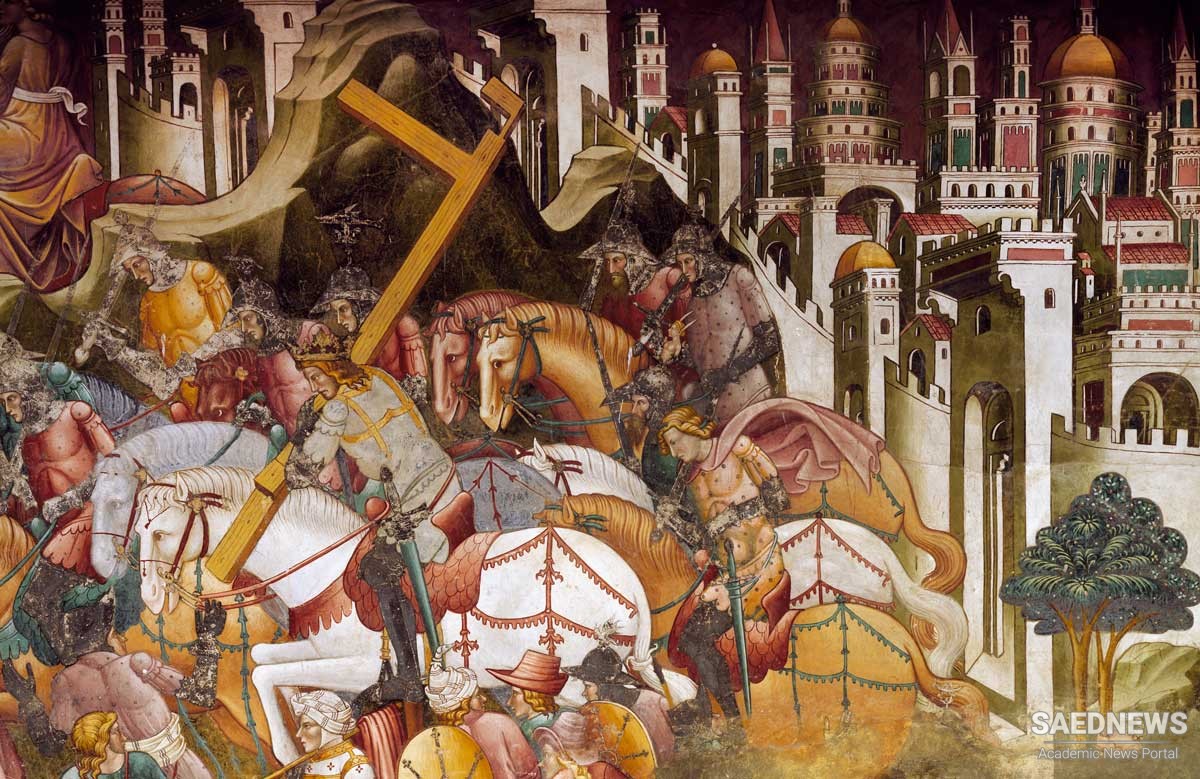He came to the court of the caliph al-Ma'mun and accepted Islam receiving the Muslim name Abu'l Hasan Muhammad and gained the caliph's confidence. In 207/822-3 he returned with the governor Musa b. Hafs, a grandson of 'Umar b. al-'Ala', to Tabaristan where al-Ma'mun had granted him the rule of two towns. He first killed his uncle and in 210/825-6 conquered, in concert with Musa, the territories of the Bavandid Shapur, successor of his father Shahriyar, and put him to death. Having become the sole ruler of the highlands he adopted the traditional titles of the Ispahbads of Tabaristan, built mosques in Firim and other towns, and carried out successful raids among the Dailamites of whom he settled some 10,000 in the border area of Muzn.
His influence also expanded in the lowlands at the expense of the governor Musa and, after the latter's death in 211/826-7, of his son Muhammad. His regime soon ran into the opposition of a section of the native aristocracy and from the descendants of the abna' who saw their privileged position as the ruling element threatened. As their attempts to discredit Mazyar with al-Ma'mun failed, an insurrection broke out against Mazyar in Amul into which the governor Muhammad b. Musa was drawn. Mazyar took the city after a siege of eight months, executed some of the leaders and imprisoned others, among them Muhammad. Al-Ma'mun granted Mazyar the government of all of Tabaristan, and al-Mu'tasim, who succeeded to the caliphate in 218/833, at first confirmed him.
Mazyar soon became involved, however, in a quarrel with 'Abd-Allah b. Tahir who as viceroy of the east claimed overlordship over Tabaristan. Mazyar refused to transmit the revenues of Tabaristan to the Tahirid, instead surrendering them to a representative of the caliph, and rejected 'Abd-Allah's intercession for the release of Muhammad b. Musa. 'AbdAllah in turn denigrated Magyar with the caliph and encouraged the internal opposition to him. As the descendants of the abna' accused him of apostasy and worked for his overthrow, his measures against them became more and more repressive.
He took hostages to prevent their leaving the country and abolished their tax privileges as no longer justified since they were no more obliged to fight the infidel Dailamites and mountaineers. Eventually he sent the inhabitants of Amul and Sari to prison camps and encouraged the native peasants to revolt against their landlords. The caliph ordered cAbd-AUah b. Tahir to take action against him. Betrayed by his brother Quhyar, Mazyar in 224/839 was captured by the Tahirid army and sent to Samarra where he was scourged to death in the following year.
The sources, invariably hostile to Mazyar and pro-Tahirid, repeat accusations against him that he reverted to Zoroastrianism and conspired with the Khurrami Babak against Islam. These charges seem to be without any sound basis in fact, though it is evident that Mazyar in his struggle with the descendants of the abna' came increasingly to rely on native, often Zoroastrian, supporters. Nor is there clear evidence that Mazyar intended to revolt against the caliph. If he was encouraged in his resistance to 'Abd-Allah b. Tahir by the latter's rival al-Afshln, he became a victim of the power struggle of these two men. Yet this accusation itself appears from some sources as a trumped-up charge of the Tahirid to prove the treason of his rival.


 Vindadhurmuzd and Tabaristan's Governorship in New Era
Vindadhurmuzd and Tabaristan's Governorship in New Era














































